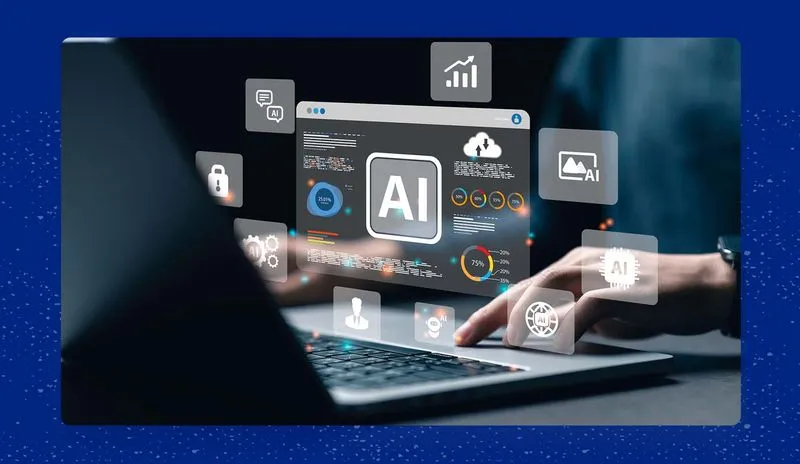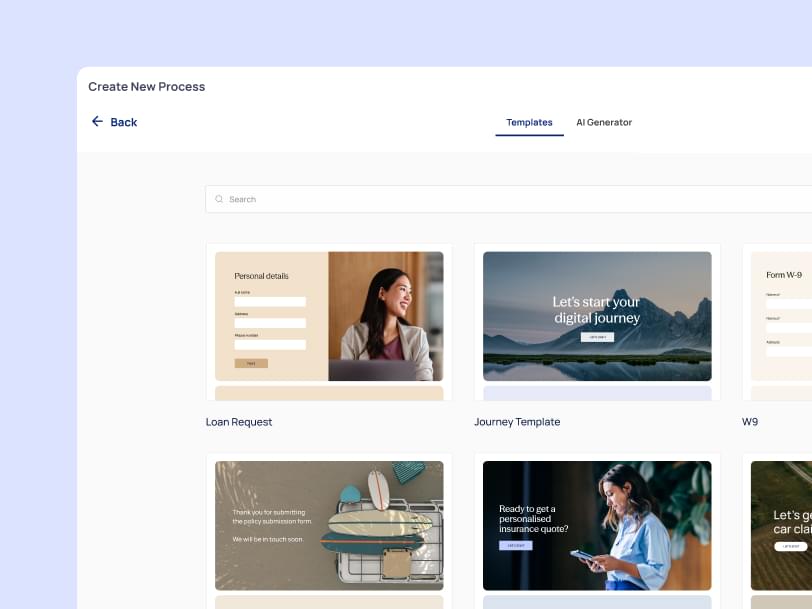In the current digital landscape, the insurance industry stands on the cusp of a revolution. The catalyst? Hyper-personalization, powered by the robust duo of Big Data and Artificial Intelligence (AI). This transformative approach goes beyond traditional segmentation and generic offerings, paving the way for bespoke policies that cater to the unique needs of each customer. Let's delve into how hyper-personalization is reshaping insurance, turning it from a grudging purchase into a valuable, tailored service.
The advent of hyper-personalization
Hyper-personalization in insurance represents the evolution of customization, where every interaction and product offering is informed by deep insights into individual customer behaviors, preferences, and risk profiles. This method leverages vast amounts of data from various sources, including IoT devices, social media, transaction histories, and more, analyzed with sophisticated AI algorithms to predict customer needs with unprecedented accuracy.
The role of Big Data
The foundation of hyper-personalization is Big Data. In the context of insurance, this includes not only traditional data points such as age, gender, and claims history but also more granular data like online behavior, lifestyle choices, and even real-time information from connected devices. For instance, telematics in auto insurance can monitor driving habits, offering safer drivers lower premiums and personalized driving tips. Similarly, wearables can provide health insurers with insights into a person's physical activity and sleep patterns, enabling them to tailor health or life insurance policies accordingly.
AI and Machine Learning at the helm
AI and machine learning (ML) are the engines that power hyper-personalization, turning raw data into actionable insights. These technologies can analyze vast datasets to identify patterns and predict outcomes, such as a customer's potential risk factors or their likelihood to file a claim. By doing so, insurers can not only customize policies but also anticipate customer needs, recommend preventive measures, and offer dynamic pricing models that reflect an individual's risk profile in real-time.

Benefits of hyper-personalization
Enhanced customer experience
Hyper-personalization elevates the customer experience by ensuring that every interaction is relevant, timely, and meaningful. Customers receive offers and information that genuinely resonate with their personal circumstances, increasing engagement and satisfaction. This level of customization fosters a deeper connection between insurers and their customers, building loyalty and trust.
Improved risk assessment
By harnessing detailed, individualized data, insurers can achieve a more accurate risk assessment. This precision allows for the development of pricing strategies that are fairer and more reflective of actual risk, benefiting both insurers and policyholders. Furthermore, the predictive capabilities of AI can help identify potential risks before they materialize, enabling proactive risk management.
Operational efficiency
AI-driven hyper-personalization can streamline operations, from underwriting to claims processing. Automated, data-driven processes reduce manual effort, lower costs, and speed up service delivery. This efficiency not only improves the bottom line for insurers but also enhances the overall customer experience by minimizing delays and friction.
Challenges and considerations
Despite its benefits, the path to hyper-personalization is not without challenges. Concerns around data privacy and security are paramount, as insurers must navigate the fine line between personalization and intrusion. Transparency about data use and robust data protection measures are essential to maintain customer trust.
Moreover, the success of hyper-personalization depends on the quality and integrity of the data collected. Insurers must ensure that their data sources are reliable and that their AI models are free from biases that could lead to unfair treatment of certain customer segments.
The future is personal
As we look to the future, hyper-personalization will undoubtedly become a key differentiator in the competitive insurance landscape. Insurers who embrace this approach, investing in the technologies and strategies needed to make it a reality, will not only enhance their customer relationships but also set new standards for innovation and service in the industry.
The journey towards hyper-personalized insurance is an exciting one, filled with opportunities to redefine what insurance means to people. By leveraging Big Data and AI, insurers can offer not just policies, but personalized protection plans that adapt to and grow with each customer's changing needs.





